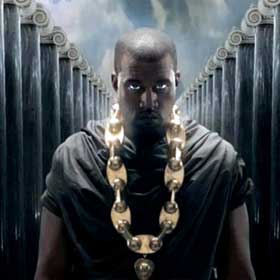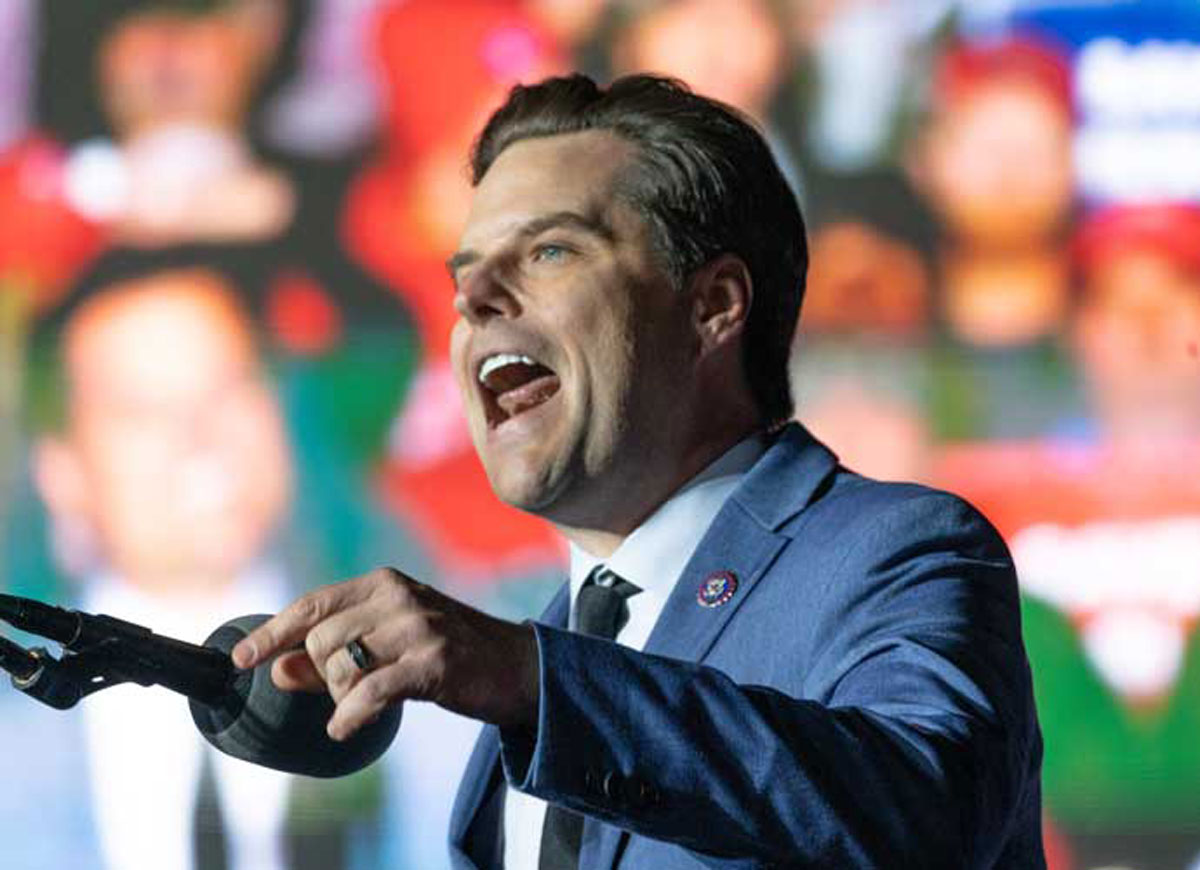My Beautiful Dark Twisted Fantasy by Kanye West

5/5
Kanye West is an artist whose reputation not only precedes him but is also the key to understanding his music. Not only do Kanye's outspoken views and erratic antics provide psychological context that cannot help but pique the interest of the listening audience, but they also function as an inextricable facet of his work as an artist. His behavior out of the studio is fifty percent of the attraction and, almost paradoxically, Kanye is famous for being obsessed with his own fame. In other words, he might have been, in a sense, "famous" before he really was. Unlike many of his contemporaries, who are, by their record labels, concertedly developed and packaged in a similarly eccentric manner for the purposes of belying their unexceptional talents, Kanye is, by nature, an unmitigatedly eccentric character and an average musical talent who creates work that only an unmitigatedly eccentric person could.
Six years after the release of his hugely popular and critically acclaimed debut album, The College Dropout, and after having firmly established himself as falling somewhere in the spectrum of the emotionally unwell, Kanye West releases his fifth solo album, the provocatively titled My Beautiful Dark Twisted Fantasy, replete with provocatively explicit album art for which has already come under fire, with many music retailers, iTunes included, refusing to carry the album with its uncensored artwork. Temporarily forgoing the fact that My Beautiful Dark Twisted Fantasy is a legitimately brilliant title for anything, the context of its release, though an already thoroughly flogged dead horse, suggests that this is anything but the work of a manufactured artist: this very well may be a legitimate twisted fantasy, for which he has, by Kanye's elevated position in the ranks of the entertainment world, been granted a large platform.
The largely drum-less, multi-segmented, "Dark Fantasy" (produced in collaboration with RZA and No I.D.) is a very strong start that in many ways neatly encapsulates the artist's latter-day aesthetic. While he's always eager to jump on whatever hip bandwagon rolls around—the song's chorus sequences serve to subtly acknowledgement the crushed-bit synthesizers of the "chiptune" movement—he is, paradoxically, a hip-hop traditionalist. Its verses, which I can only assume were produced by RZA, invoke a Forever-era Wu-Tang Clan. It may also typify his tendency towards what some might consider "poor" choices as a lyricist (it's the pun department in which the artist tends to founder) and while Kanye can usually make up for the silliness of his lyrics with energetic, emotionally evocative performances, "Dark Fantasy" finds him delivering weaker and sillier than average lyrics in a most lackadaisical partied-out honk.
However, the second track, "Gorgeous" almost completely refutes the previous argument. Its lyrics and his performance are among the strongest and most poignant of his career thus far, its production is blazingly original and, when judged against the standard of the average 2010s commercial hip-hop album, even somewhat avant-garde. Kanye makes an unusual choice in heavily filtering his vocals, perhaps as a means of invoking the aesthetic of underground hip-hop to whom his production style owes a debt of gratitude, which lends itself to the song's emotional and thematic urgency.
As rude as this may sound, it cannot be denied that Kanye's reputation as a producer is largely staked on his being one of the few mainstream hip-hop producers to actually employ sequence changes—separate chord progressions for verses and choruses—rare in a genre whose closest relatives include house music, disco and folk. One of his signature techniques, as utilized on this track, is to abruptly alter the dynamics of the instrumentation mid-verse, often when he's delivered what rappers refer to as a "punch line," a particularly powerful rhyming couplet. It is Kanye's understanding of the relationship between form and function, his intuitive sense of a beat's potential to serve a narrative function, which makes his work so dynamic.
While Late Registration and Graduation found Kanye in something of a holding pattern, and 808s & Heartbreak, impulsively hopping on a popular bandwagon, My Beautiful Dark Twisted Fantasy is a work of pure innovation, unbridled creativity and freewheeling experimentation. This is a fact confirmed by the uncompromisingly bizarre vision of its lead single and third track, "Power." It's fitting that the song incorporates elements of a song by seventies progressive rock band King Crimson, as this, along with "All of the Lights", is the closest Kanye has ever come to creating a prog-rap song. The latter is a ludicrously bloated collaboration featuring, among others, Rihanna, Drake, Alicia Keys, Fergie, The-Dream, Elton John, Kid Cudi and John Legend, which finds Kanye once again marrying "lo-fi" elements—in this case, drum samples—to "hi-fi" production values. While it's tempting to dismiss this track as grand operatic nonsense, Kanye employs just enough restraint to pull it off—sort of.
The second single, "Monster", features a peremptorily, or, depending on how you look at it, self-consciously, "unusual" appearance by indie folk-rocker Bon Iver, but its strangest verse comes from a temporarily insane and, as ever, efficacious, Jay-Z, while its best comes from Nicki Minaj, who steals the show outright. Oddly, the one track on the album in whose pot Kanye has none of his grubby producer's fingers, "Devil in a New Dress", has his Blueprint-era production aesthetic written all over it, and in many ways measures up to the standards of that peerless masterpiece.
The nine-minute third single, "Runaway," whose entirely instrumental second half can only be described as disturbingly beautiful, features some nice heavily processed singing from Kanye, once again proving that auto-tune processor can, at least in the hands of a master of the form, be utilized quite tastefully, a fact which he nearly disproves on the next track, "Hell of a Life", with its obnoxious auto-tune-"Iron Man" melody. "Blame Game" features an innovative call-and-response verse employing vocal effects and makes excellent use of John Legend's characteristically strained, overemotional singing, with a hilariously evil appearance by Chris Rock. Concluding the set is the brilliantly twisted club anthem "Lost in the World" leading into a Gil Scott-Heron poem. Kanye previously sampled the spoken word artist and singer on Late Registration's "My Way Home."
Whether he's boldly experimenting in both form and genre, or completely disregarding the constraints of either, shamelessly pandering (albeit in the most alienating way possible), synthesizing and subverting the sounds of his and hip-hop's past, or even falling flat on his face, the Kanye West of My Beautiful Dark Twisted Fantasy is an artist in full command of his powers, and certainly at the top of his game.
RELATED ARTICLES
Get the most-revealing celebrity conversations with the uInterview podcast!







Leave a comment